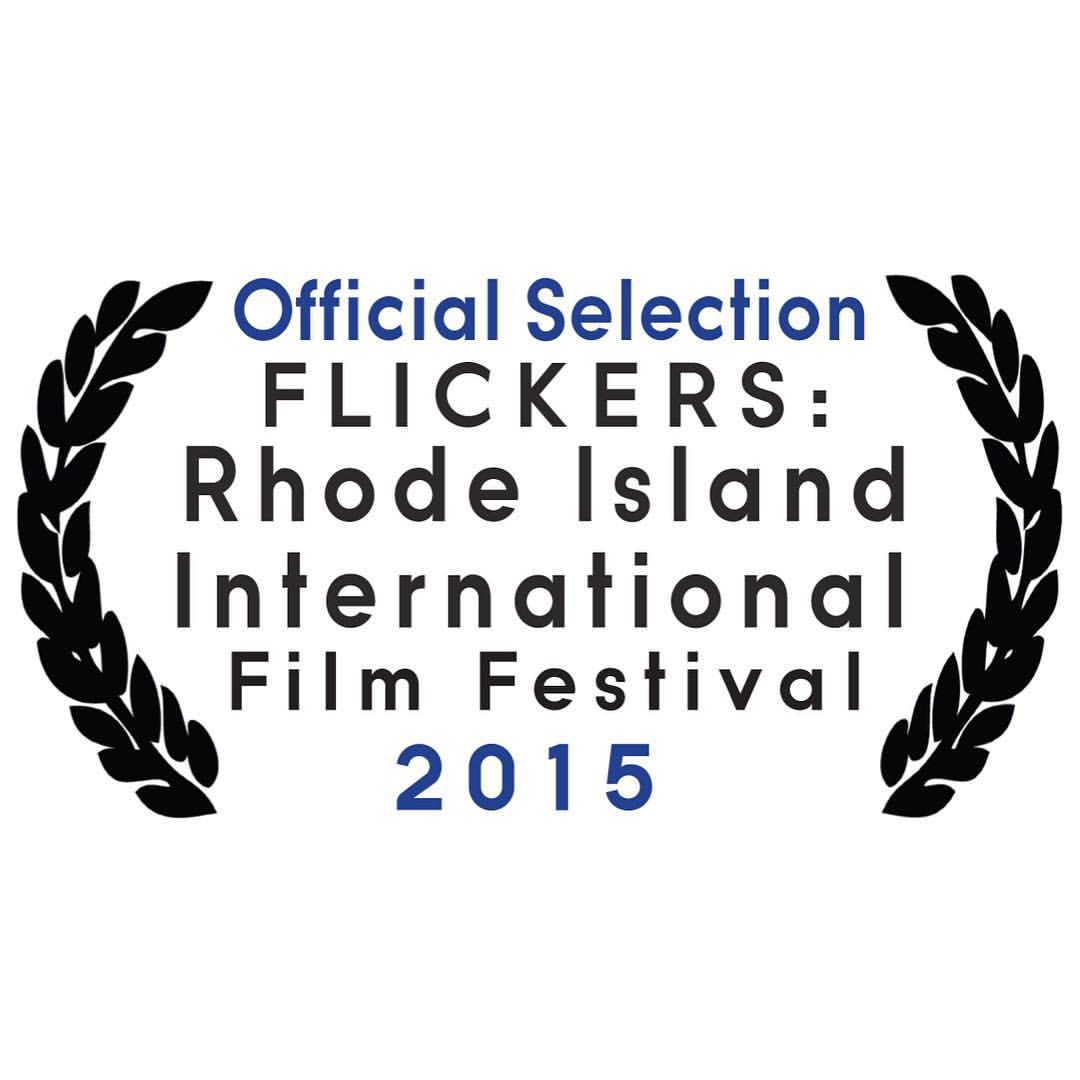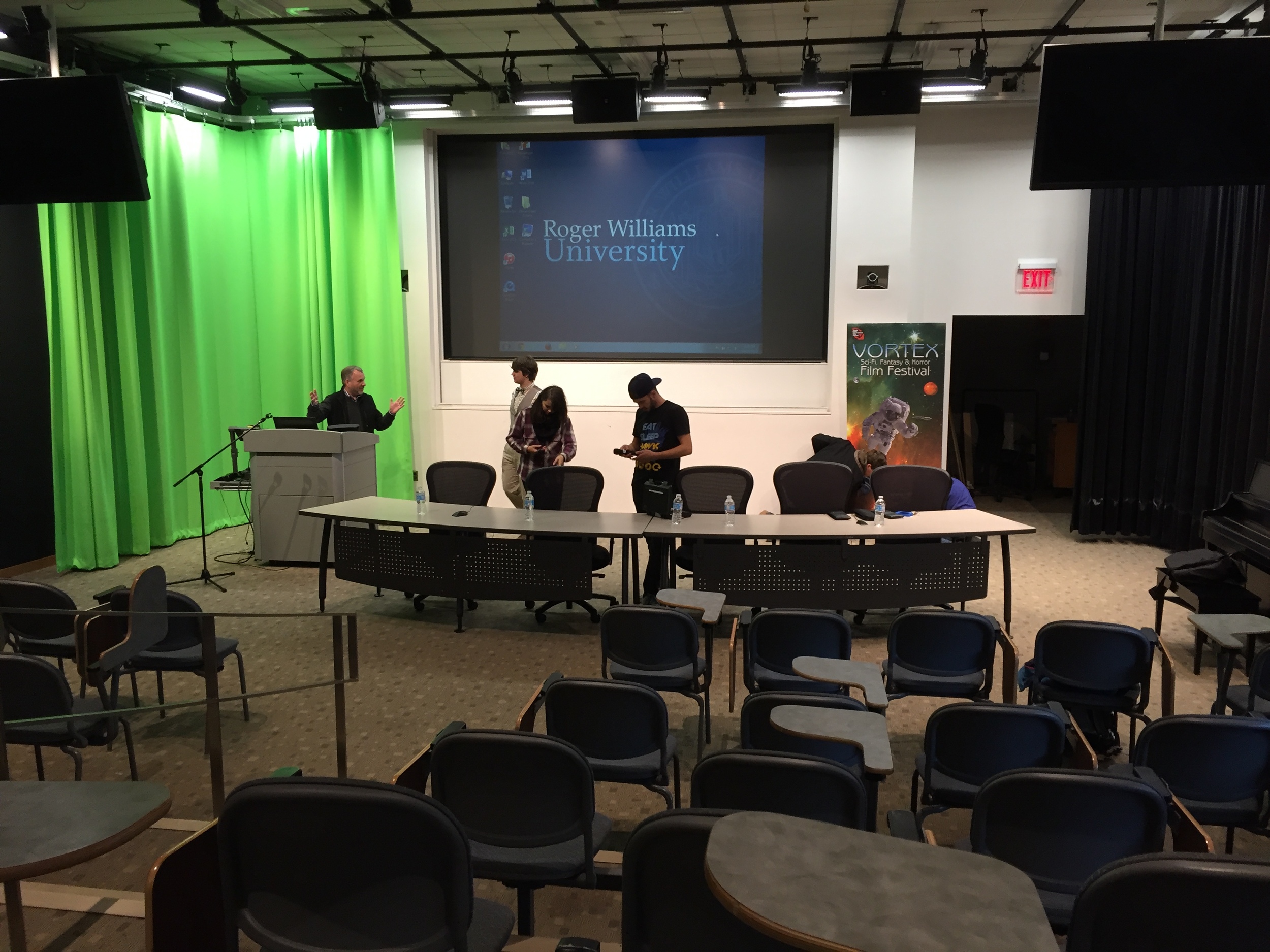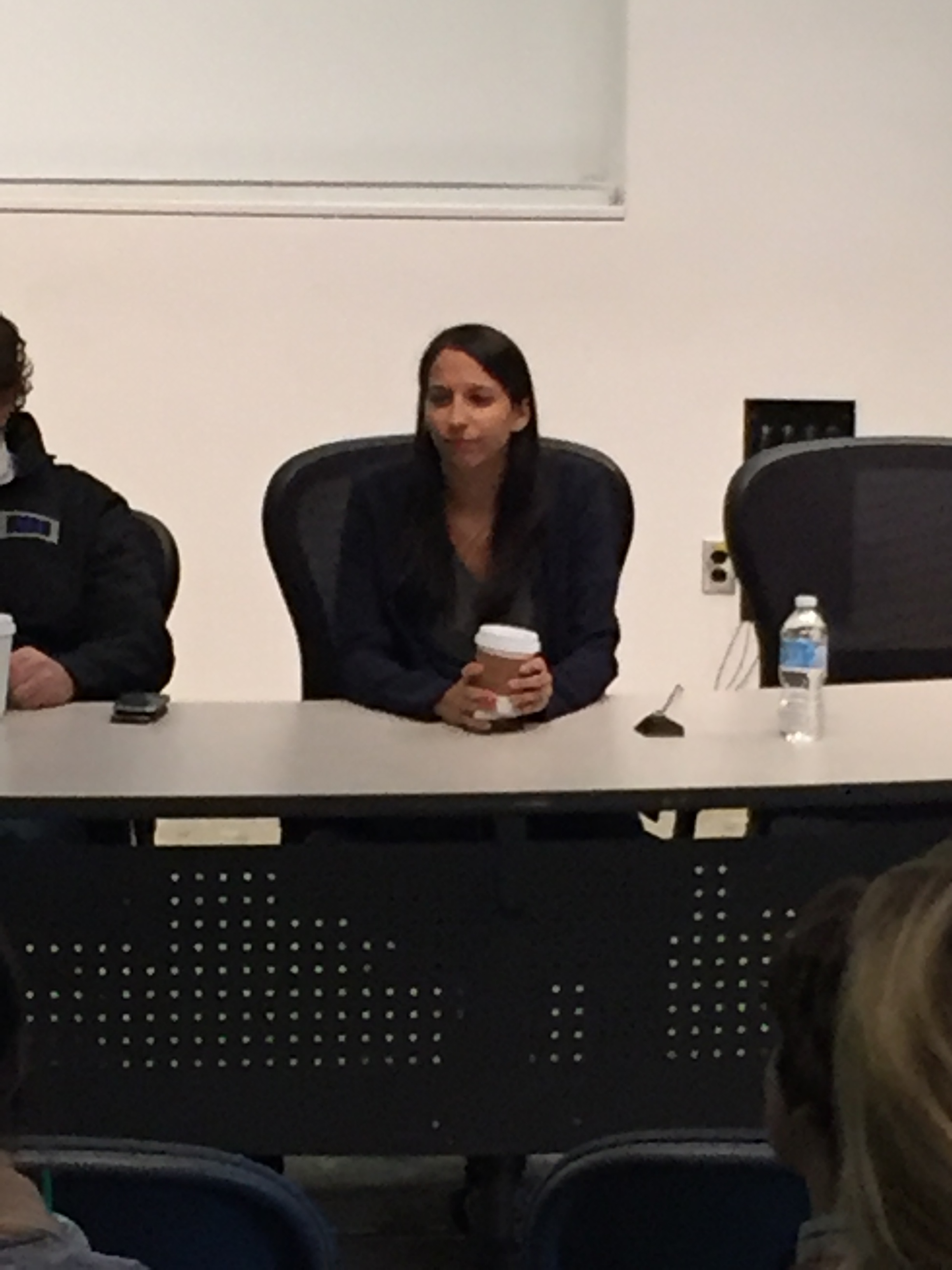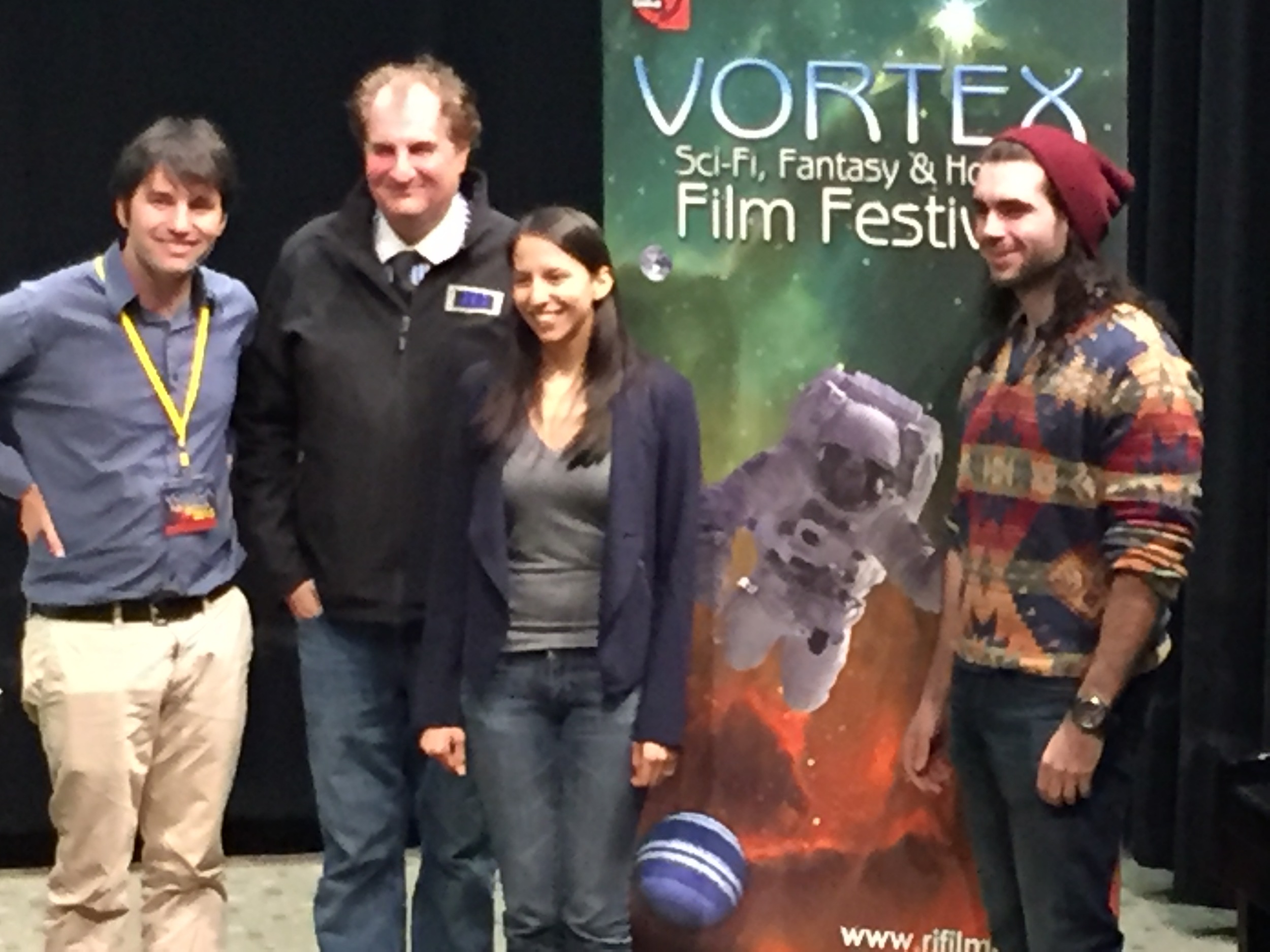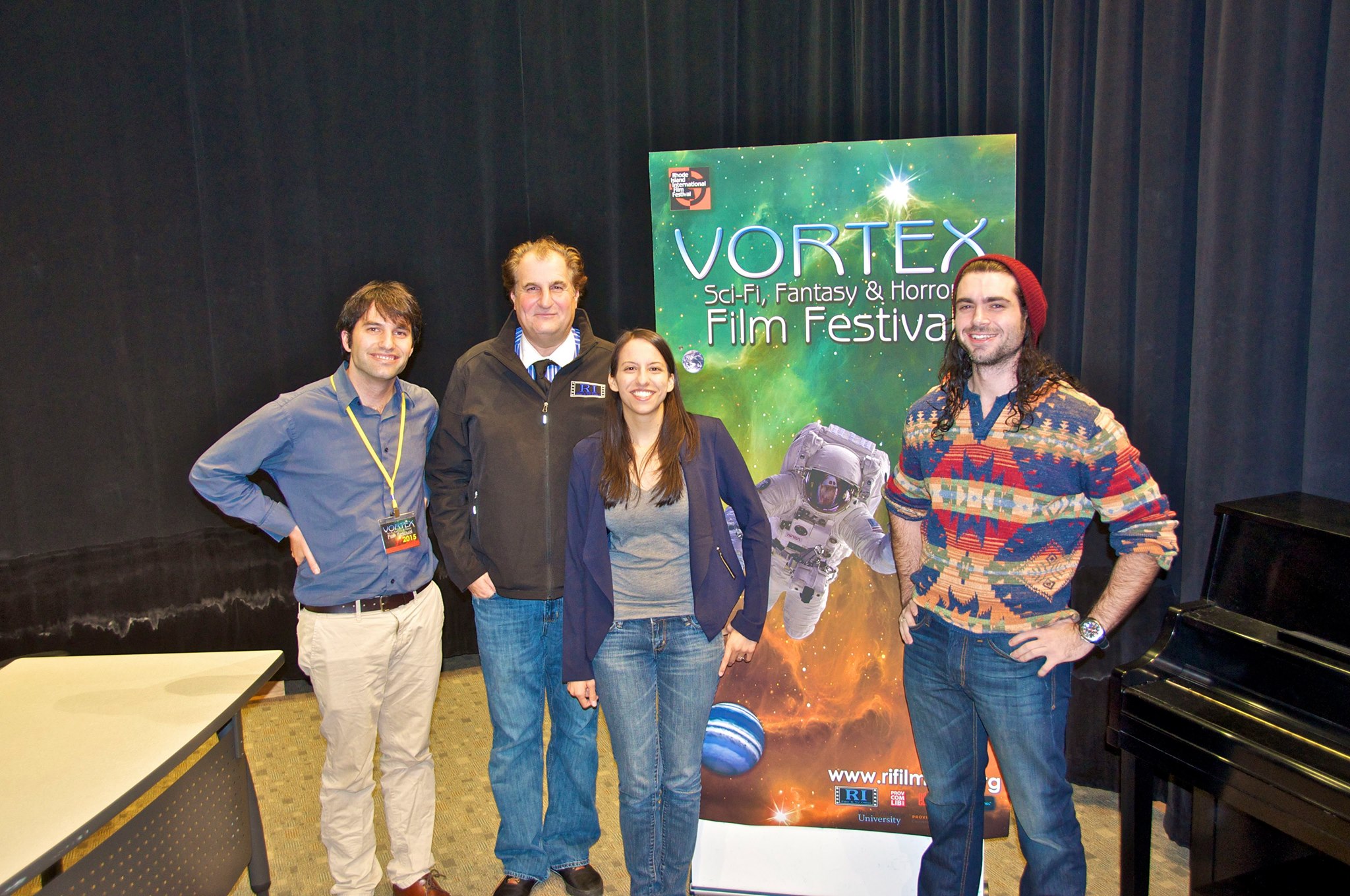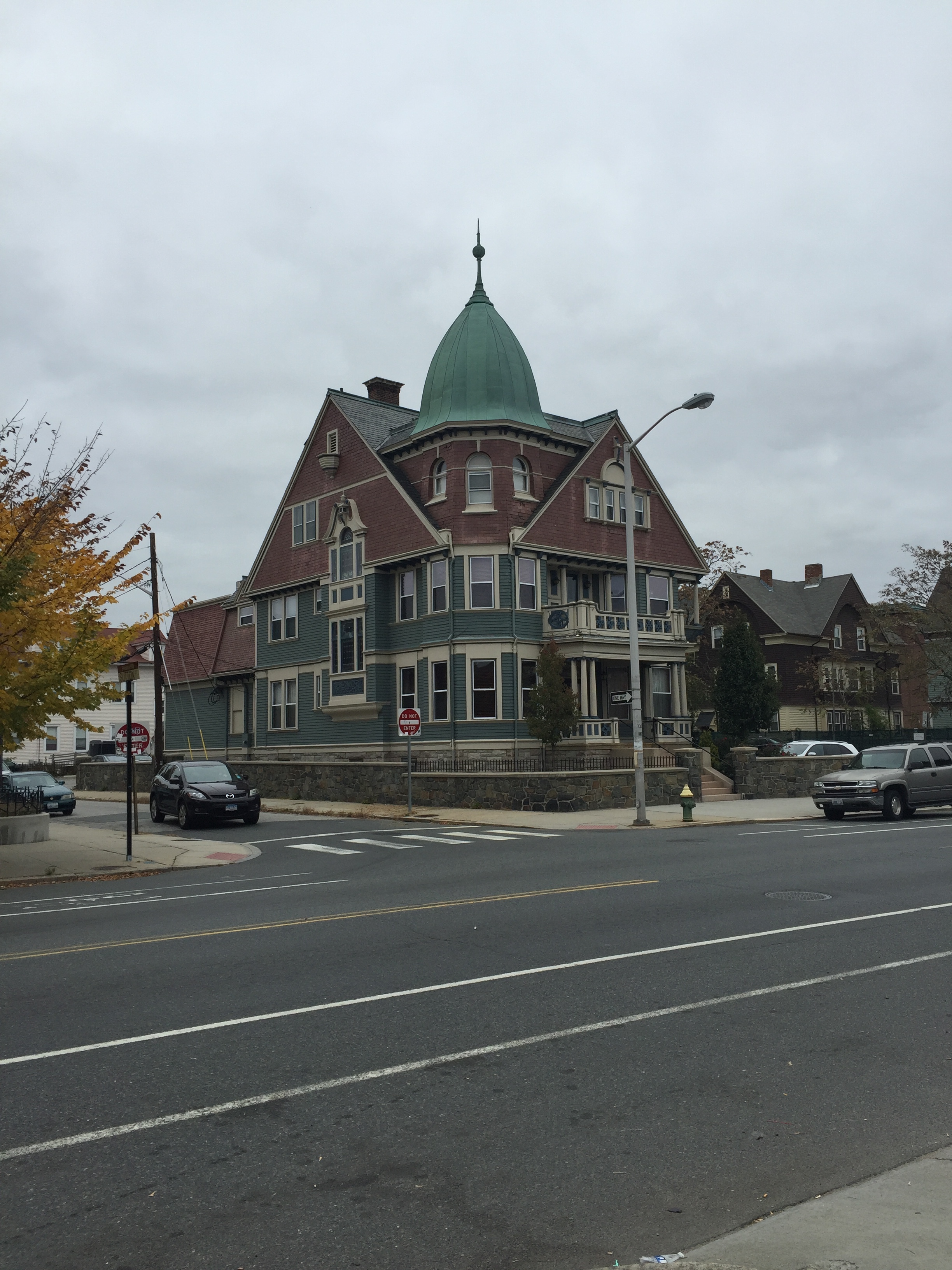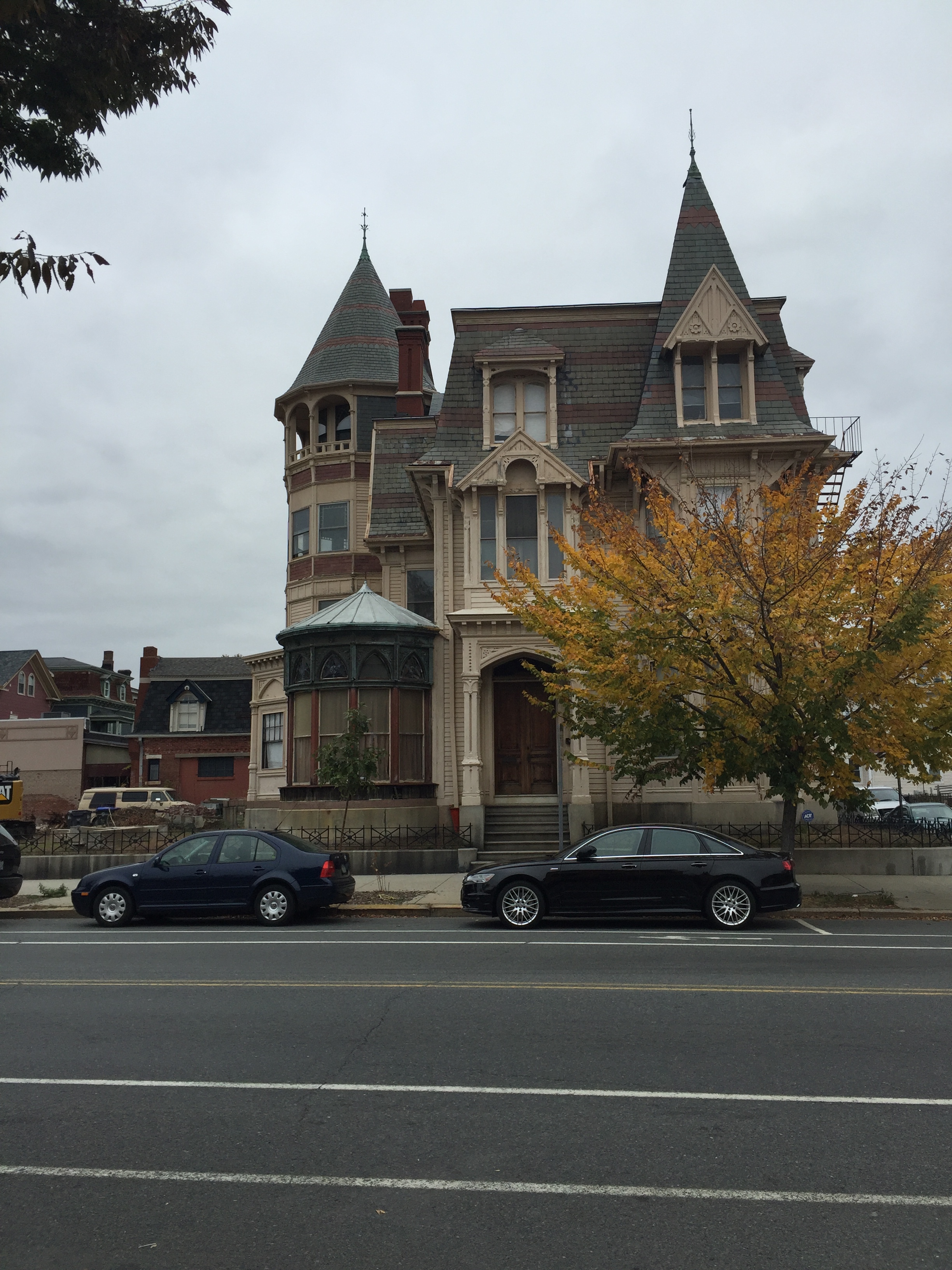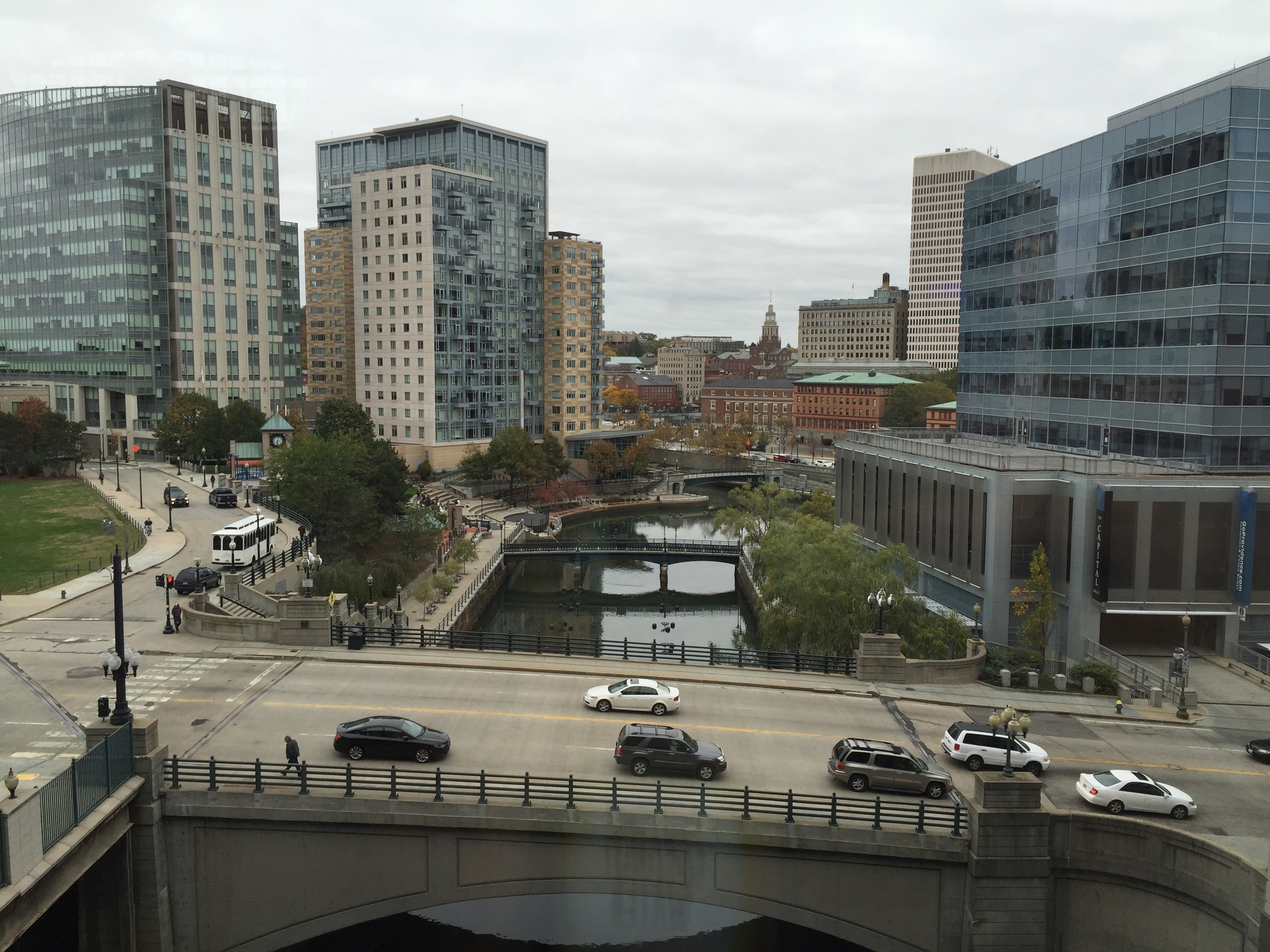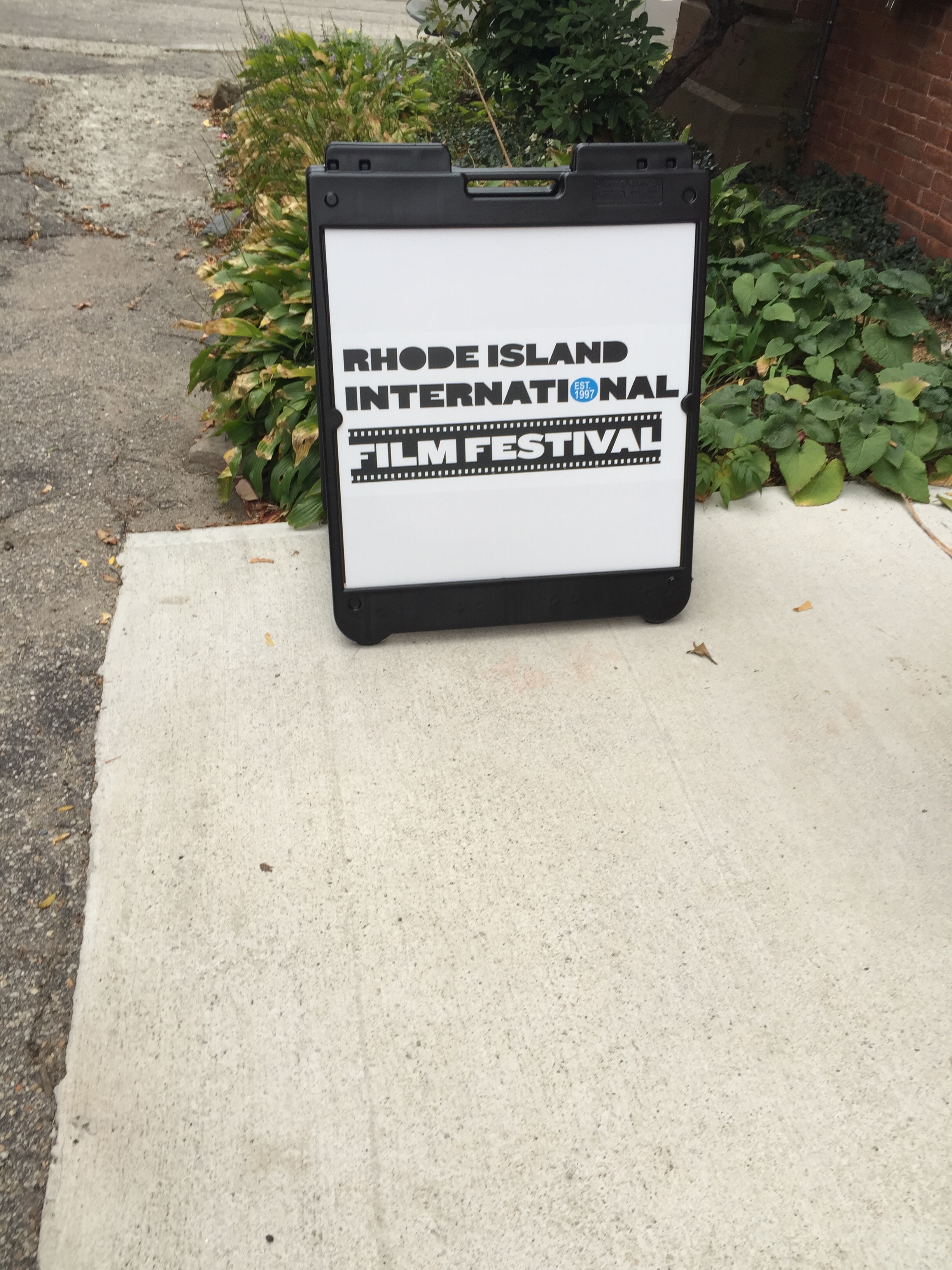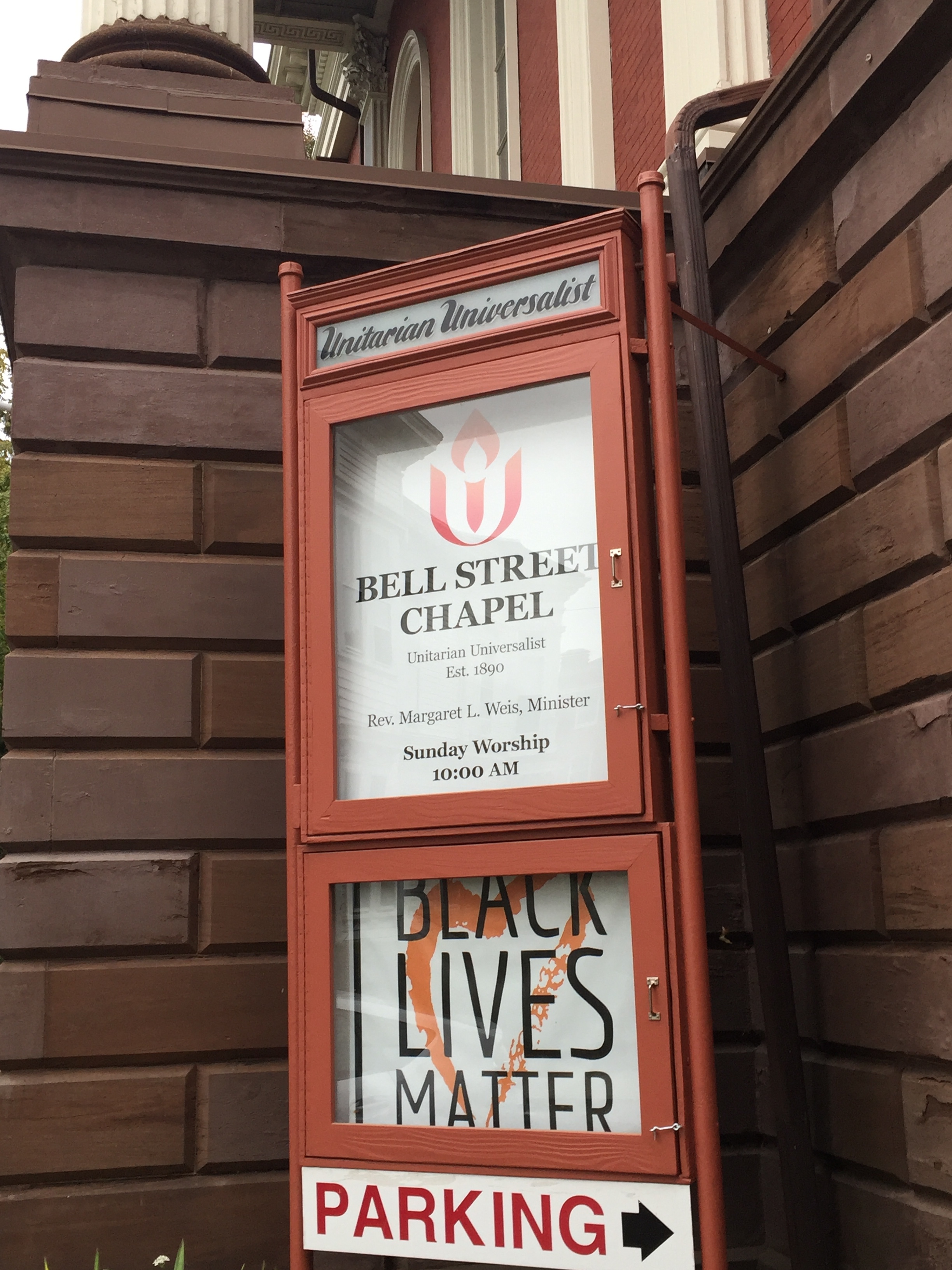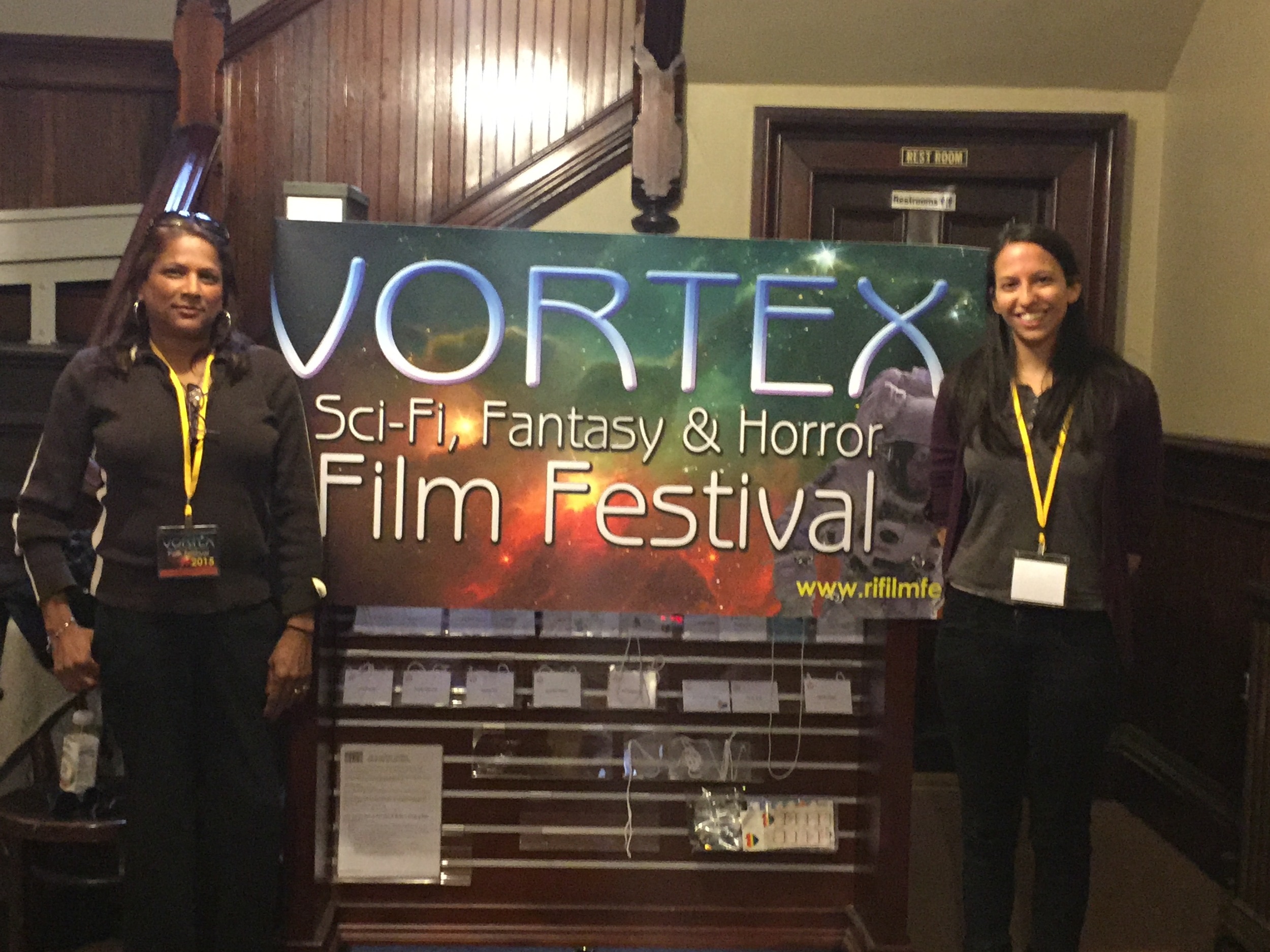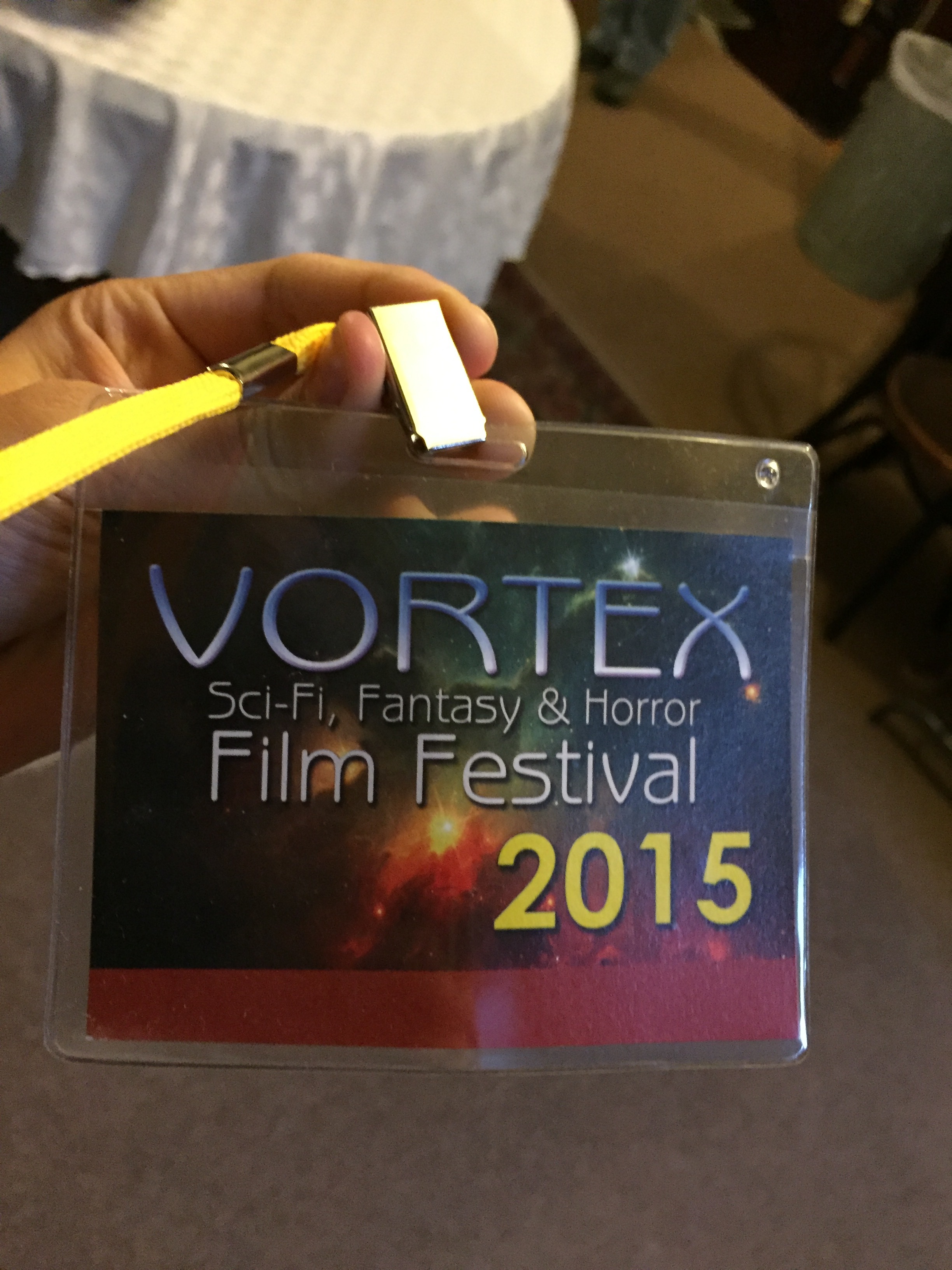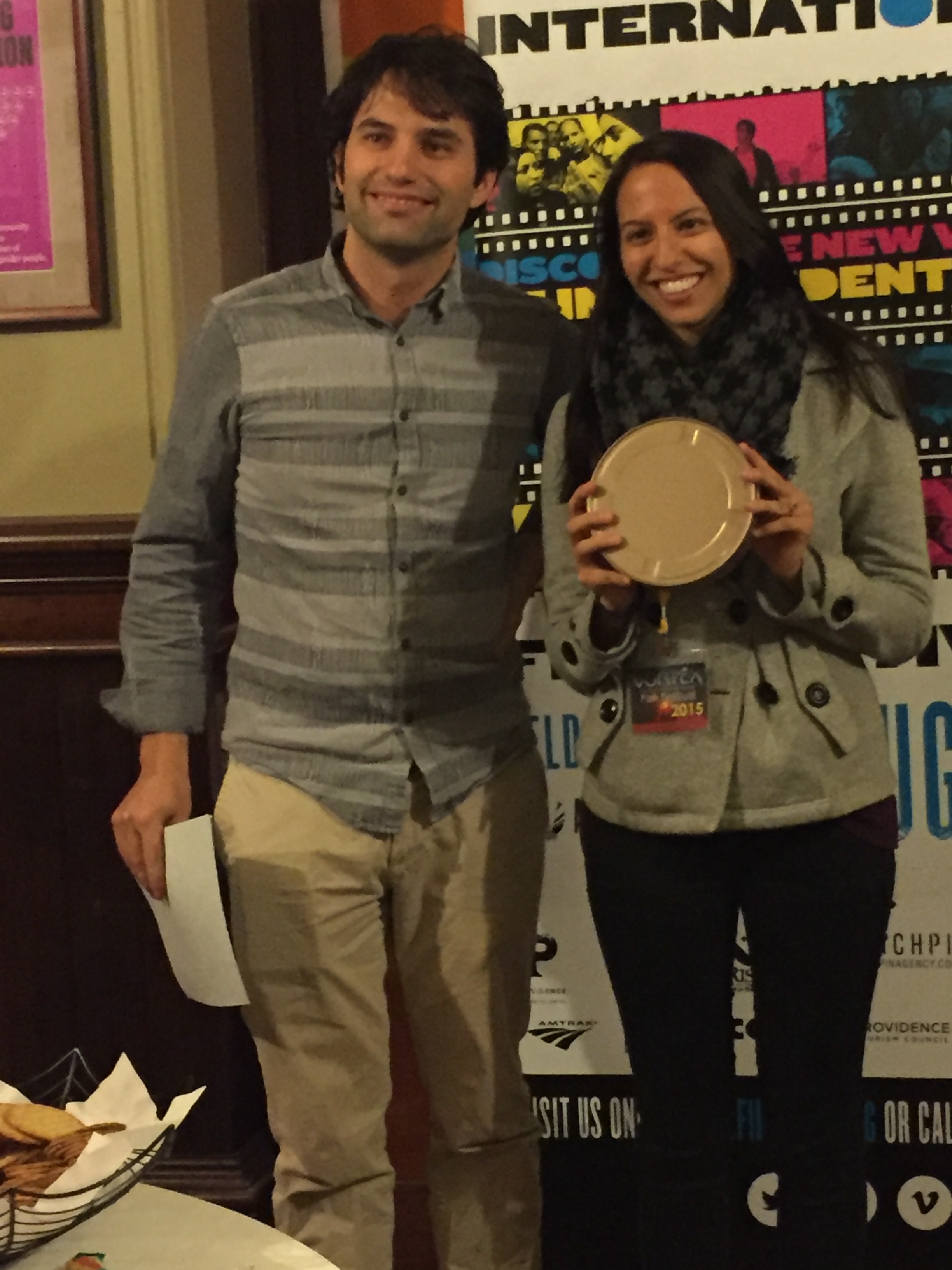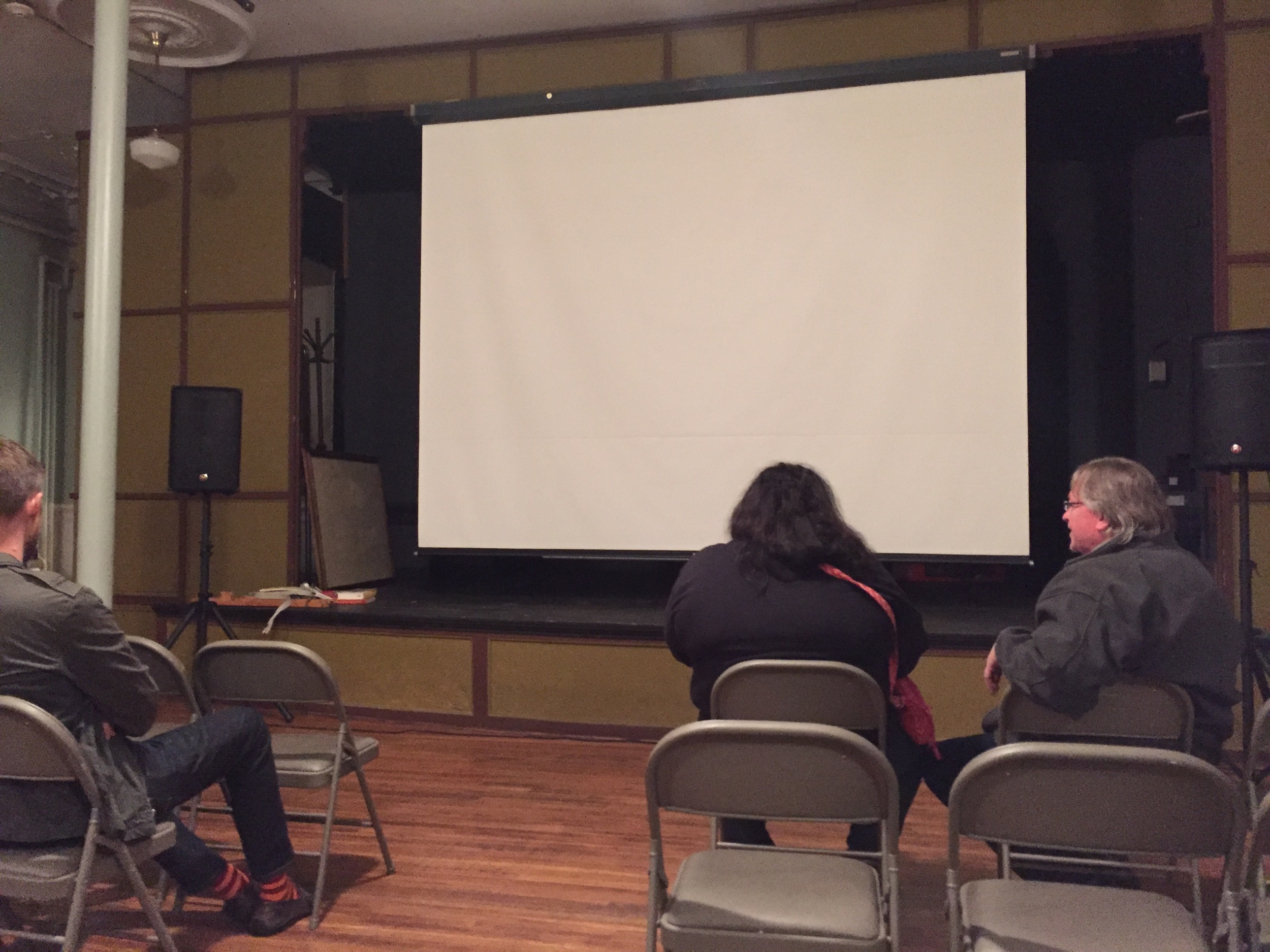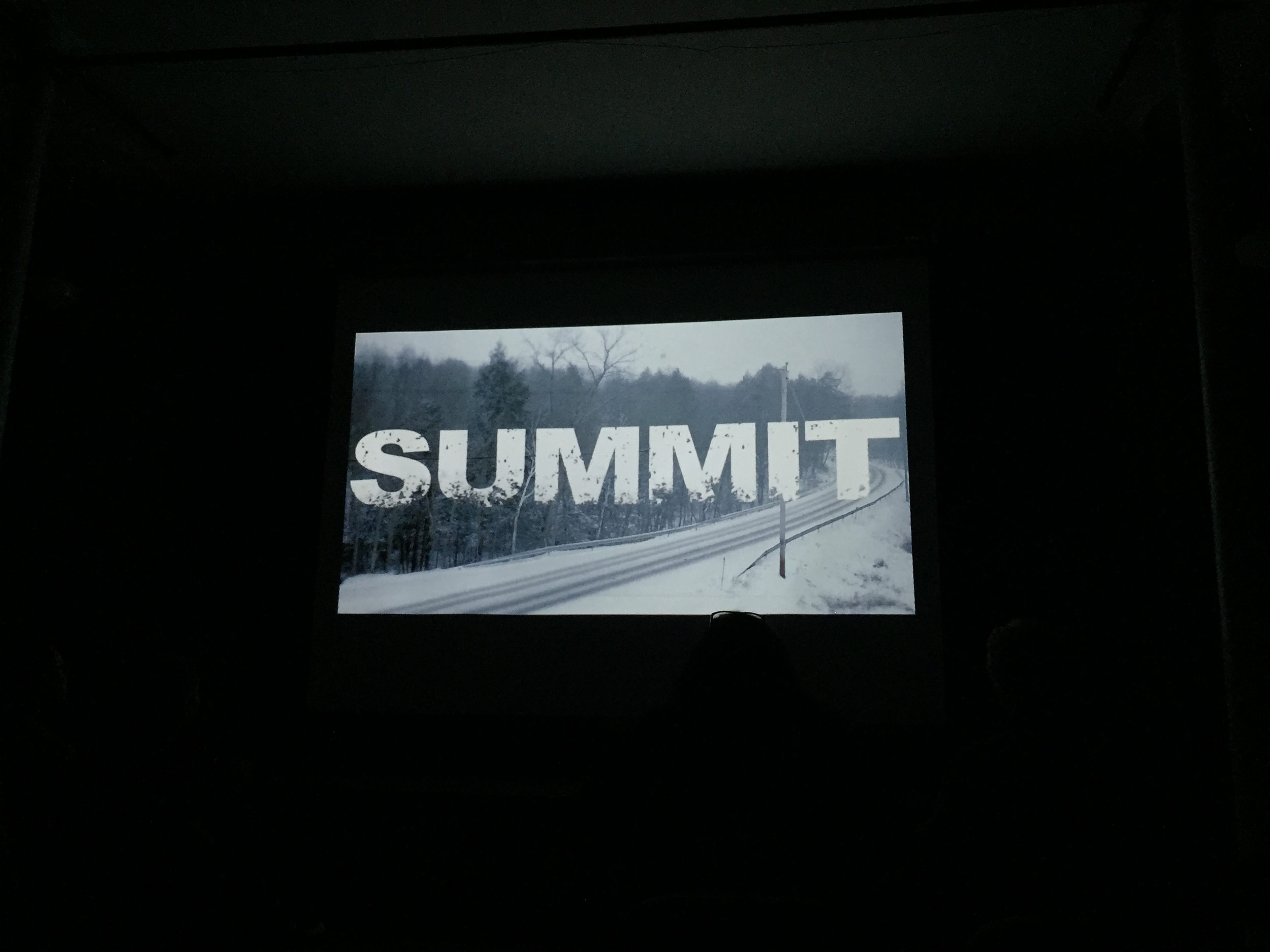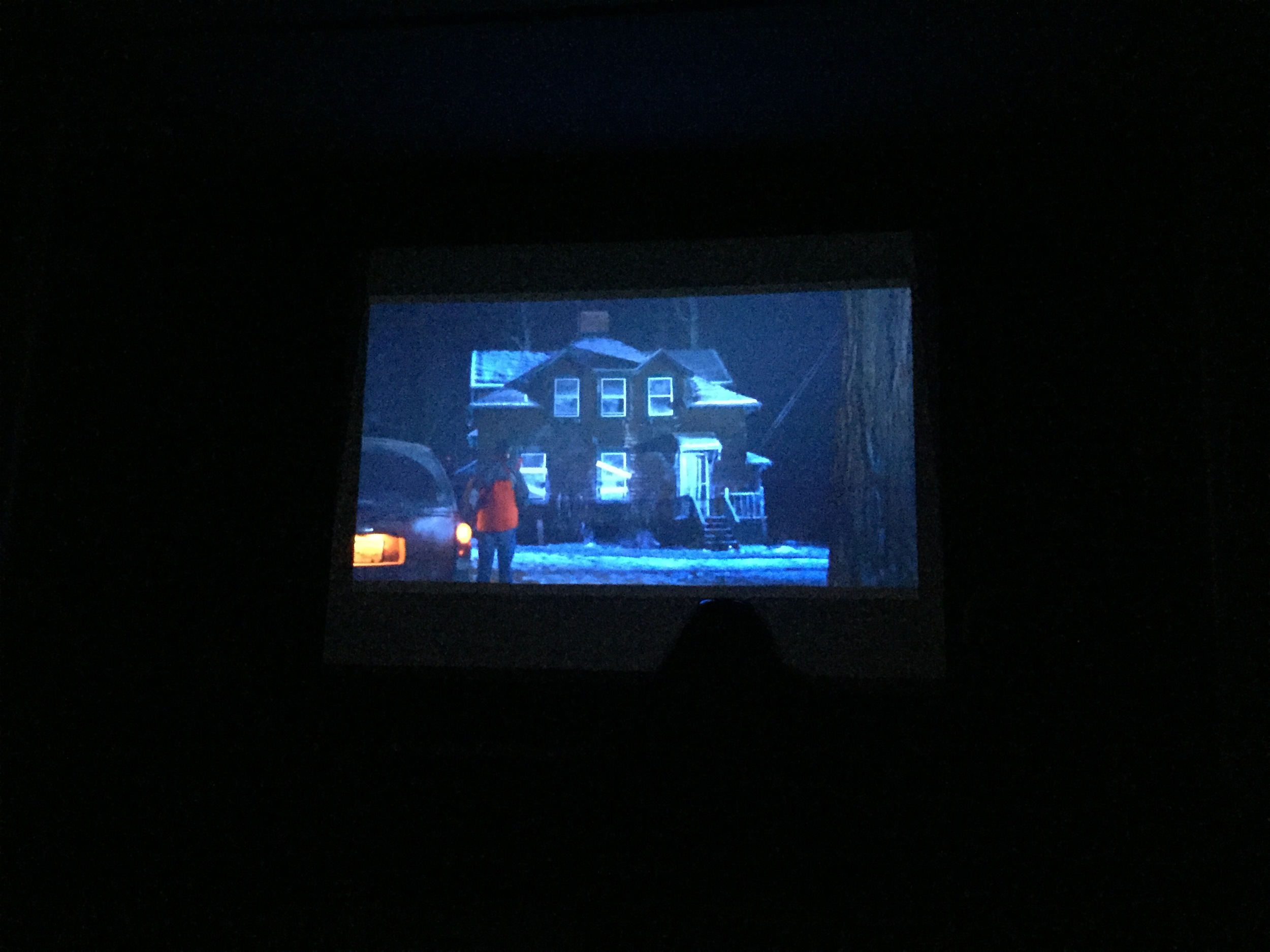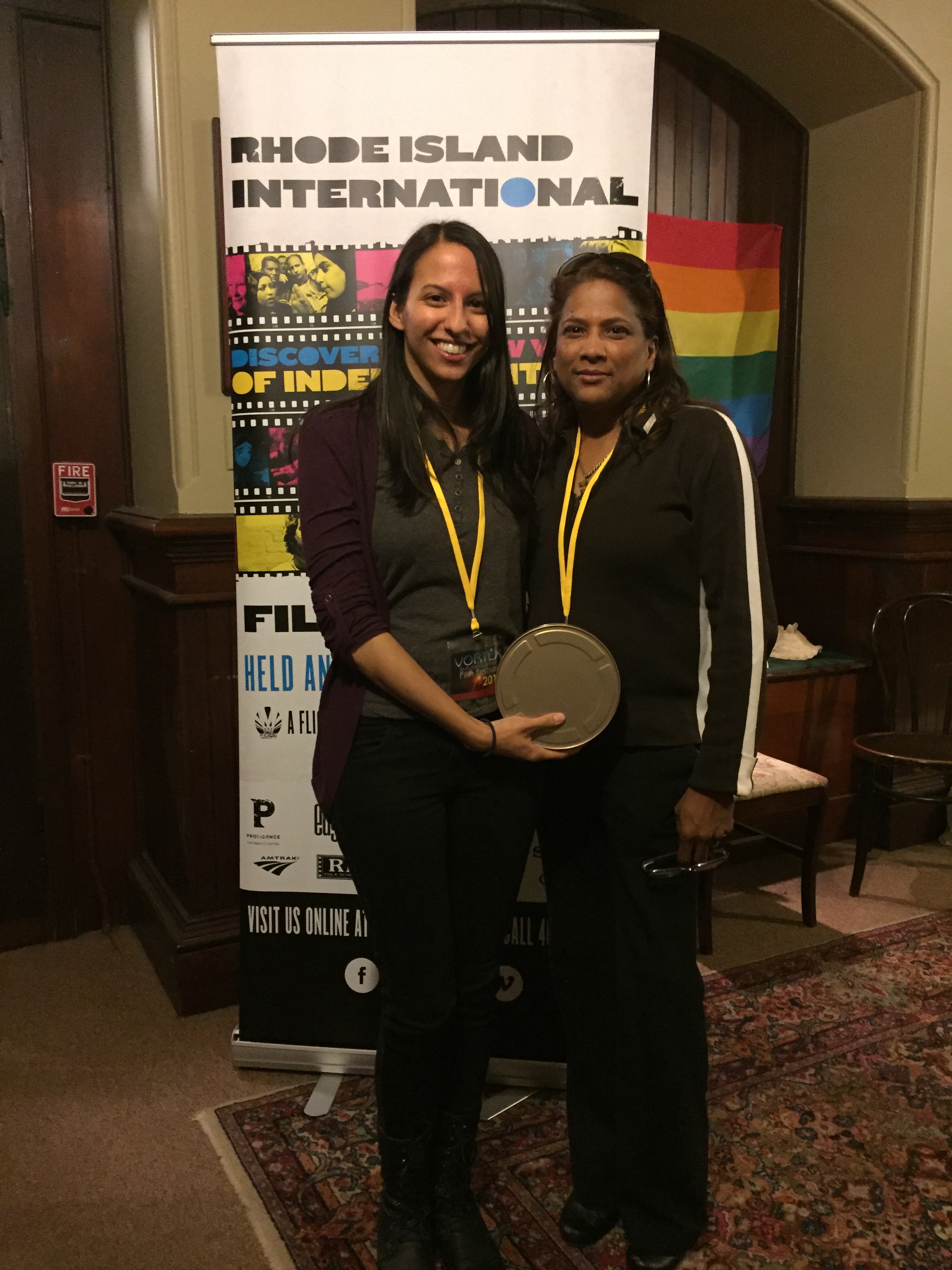As I'm in post-production for my second feature (About a Donkey), I've been reflecting on post-production for my first (Summit). There are a lot of differences between then and now, largely related to my skill and experience as a filmmaker and the unique conditions under which each film was made. (Though there are similarities too, like who my collaborating editor is and the (lack of) budget for both projects.) But the biggest difference I've noticed is my strong desire to share the rough cut of the film with a broad audience before locking picture.
Four years ago, I honestly didn't see the point of test screenings. I understood why people do them from an objective standpoint. But, to me, it kind of felt like pandering or like it would just result in a bunch annoying comments about what was yet to be finished with the film. I did show it to a few people, of course -- those who worked on the project or very few other filmmakers whose opinions I trusted. But I felt that getting audience opinions wouldn't mean anything because I had a vision (and a limited budget that left limited options) and I didn't need outward input clouding my perspective. But I later realized that my aversion to showing it to a wider audience was more rooted in insecurity than practicality. Part of my desire to keep objective eyes off the film was because I knew a lot didn't go as planned in production, and I wanted to maintain a bit of a bubble around it so that I would feel compelled to finish it and deliver on what I had promised people. I suppose I feared that getting enough potentially lukewarm reactions would be discouraging in a way that would rob me of my motivation. (It's important to note that due to budget constraints, we had only 3 people working on the film in post-production (one person even did everything in terms of sound, including the score), around full-time jobs. The film was in post for a year and a half.)
That decision not to share (through not only picture lock but also through color grading and sound mixing) was a mistake, though. After my experience of screening Summit for an audience, I slowly started to see the value of test screenings. I may have been keeping it under wraps because of the big things I couldn't change. But when I screened it for an audience, I would cringe realizing there were little things I could've changed if I had just shared it and seen how they were interpreted. (I'm including a list of some of those things at the bottom of this post, if you're interested.)
As a director, it's definitely important to have a vision and follow your gut, but we're making films for an audience because we want to share a story that presumably is meant to say or affect something. So, while it's just as important to make choices and feel confident in those choices, I believe you should also make sure that what you're trying to say translates to your audience. I find it interesting that we workshop our screenplays like crazy, but there's this kind of auteur arrogance about the final directed product. Since I started running IndieWorks (which I started after I made Summit), I've realized this more and more. I often see films that are so obviously too long or contain shots or moments that are independently beautiful but don't serve, and sometimes even detract from, the story. And I often say to my programming colleagues, if only someone had told them before they locked picture -- or maybe, if only they had asked and been open to that kind of feedback. Sometimes films are so personal or the choices made all the way back in the screenwriting process have been with you for so long, that you simply need someone to help you see through fresh eyes. And from my own experience and what I see daily screening submissions, I wish more directors were as collaborative in the post process as they are building up to it. (Side note, test screenings and cultivating a broader, more informed perspective on your work before you lock it are especially pertinent if you are not an individual of a marginalized group of people but are (rightfully) choosing to be inclusive in your work. You'll want to run your depiction and choices by individuals who do identify with your portrayal to make sure you're capturing authenticity and empowering voices rather than perpetuating stereotypes.)
In my more recent work, I've been much more open to feedback during post-production. I believe I've always been a collaborative director, both in pre-production and on set. But I feel I would often go into the edit married to what I originally wanted it to be rather than letting it become something new. Even when working with other editors (which I mostly do), I was still fairly tied to the script or the modifications made to it on set.
However, my last two shorts, I edited myself. And ironically, I've always said I prefer not editing my own stuff so that I could have a fresh perspective on performances and pacing; but it was through editing my own work, specifically my latest short "Enough," that I realized I really needed to deviate from my own script. After playing around with options and feeling like some things weren't translating when all assembled together, I eagerly started showing rough cuts to people -- people I trust but still people outside my usual small circle and more in my target audience. I checked my ego and actually relished in hearing interpretations, even when they weren't my intention. Though I didn't end up following every piece of advice, I took it all in and allowed it to affect the way I see the film. I earned a stronger perspective on what I wanted the end product to be. In fact, hearing from a diverse grouping of people confirmed some things I had been feeling; I gained the confidence to throw out an entire sequence from the script that we had shot. Originally, the film was meant to cross cut between three characters before they are brought together. Instead, I had it cross cut between two before shifting the narrative to the third. The substance and purpose are still there, but the execution has changed for the better.
Between this latest experience and the rewatching of some older work with an audience recently, I've grown to fully accept that, generally speaking, the film that was on the page simply will not be the film that is edited, which will also likely differ from the film that was shot. Even when it's a writer/director, or in my case, writer/director/producer/editor, the vision and execution will and should change along the way. I now embrace this process and appreciate how the viewer's experience informs the work. This shift in perspective and willingness to be more vulnerable and less precious has been beneficial and helped me grow as a filmmaker -- which for me is the goal, to always be growing and becoming a better, more effective visual storyteller.
We're only in the very beginning of post-production for About a Donkey, but I'm already looking forward to and planning our first test screening. In this first rough pass, I'm making the choices I feel are right to convey and elicit what I'm going for. But I'm also keeping flexibility in mind. I'm looking forward to asking an audience if any given joke lands or if a line or moment feels too longwinded or abrupt for the subtext underneath. I really just can't wait to consume diverse experiences of the film to make sure it's as strong as possible while accomplishing what my collaborators and I want it to. I'll, of course, keep my vision and preferences in mind, but I'll also listen and be open to finding creative ways that could possibly better execute that vision.
-Christina
Some of my observations after releasing Summit, many of which I could've realized from test screenings before release:
I'm gonna spoil my film a bit here, so skip this whole section if you have any intention of watching.
A moment that pains me every time I watch the film (which is lately never unless I have to for some deliverable reason or if it's screening and I need to attend), is one in which a character is insanely searching the house for someone or some evidence of someone after the death of one of the characters. His character insists someone is in the house and then storms off ripping the place apart. The last thing he checks is a dresser, pulling out all the drawers before slamming his fists on it in frustration. There were lines scripted immediately after that, that referred to there being no one and no clues in the house. The actor dropped the section of the line about clues (this was a particularly stressful production day for everyone and we all struggled and had to make creative sacrifices). In post, I was so concerned with the technical things wrong with the scene and also certain aspects I felt were lacking performance-wise which I was trying to fix in nuanced ways, that I overlooked a very logical flaw. I assumed (really hoped) people would infer that he was mad with grief and just searching for any minuscule sign of someone hiding in the house. But when the film first screened in front of an audience, many people in the audience laughed when he was looking through the drawers. (A viewer from a later screening specifically tweeted about my movie and mocked "stupid characters in a horror movie searching for people in tiny dresser drawers.") In hindsight, yeah, if you're not onboard with his crazy erratic behavior, if you're not going along with his grief, if you're a skeptical viewer, or even just a super logical one, it is pretty silly that he says he believes a killer is hiding in the house and then searches in spots only mice could fit. A test screening would have allowed me to see the way it was perceived and found a way to cut it or cut around it. I was too married to the intention and didn't have the distance to have an objective perspective on the execution.
There are two POVs in my film, one when a character goes to pee in the woods and gets spooked by hearing cracking branches around her, and one when two characters have sex and are being watched by someone unseen. I was definitely playing with the POV trope as alluding to the killer in horror films. The first POV scene was, in hindsight for the viewer, meant to be symbolic of said character cracking in her own mind -- like her need to consume & kill was coming back even though she was trying to suppress it. But, after screening it for an audience, I realized that literally no one got that symbolism. I was trying to ground it in reality with a certain hint of surrealism. But it blended too much with reality for anyone to read into it. It apparently just read as a weird (possibly poorly directed) moment, not as a clue. I wish I had known that while there was still time to heighten it. And then the second POV, very few people interpreted it as a POV at all. There was no heavy breathing, maybe the camera wasn't shaky enough, maybe the audience just wasn't expecting for the film to go in that direction. I don't know because I didn't get a sampling of feelings. It's very possible I would have kept it as ambiguous even if I got feedback that stated it wasn't translating as a POV, but I still would've loved to know how that moment was being interpreted just for the context of the choice I was making before I locked that choice.
There are lines in the film that directly reference obscure horror movies and pretty much tell you who the killer is while still making sense in the context of the conversation. Only hardcore horror fans ever picked up on those. I was definitely playing with a lot of references in the film, trying to achieve the duality of being enjoyable for horror fans and non-horror fans alike. But I never did see how the film played and was interpreted differently by those different targets until it was done and out there. In post, I was always unsure of whether or not the clues to what the film was really about were too subtle or not subtle enough. I was making a lot of choices while attempting to look at the film as if I didn't know what the twist was to see if I was treading the line effectively. But I could've answered my questions if I had been less precious about protecting the twists and my choices and, ultimately, my ego.
And beyond the horror clues, a unifying factor of viewing the film was definitely supposed to be the commentary. There's stuff embedded in it regarding gender and race tropes in horror films as a reflection of gender and race expectations in real life. I was also going for a bunch of subtle commentary on how people use each other in relationships (romantic and platonic) to validate or appease ourselves. I found that while some other filmmakers and a more analytical subset of my audience got the the general commentary, most viewers did not. I had to accept that most people won't think deeply about the intention behind something when it's alluded to but not overtly stated; and while I may not necessarily care whether or not those people get it, I do want my vision to be effectively communicated and consumed. Along our festival run, I had to contemplate whether or not the film and the story worked independent from the commentary enough to encourage rewatch from people who wouldn't immediately pick up on the subtext. But this reflection of mine was long after the fact when the film was done and when there could be no revisiting of the execution. In hindsight, I feel I could have balanced it better with all that in mind. That said, there are people who enjoy it as just a slow-paced, character-driven, horrific story with no sense of the intended commentary. Some others enjoy it largely with the commentary in mind. Some just hate it, and it varies whether or not that's in spite of, in ignorance of, or because of the commentary. Some are just bored and confused by the film and wouldn't even watch long enough to notice the commentary. I accept and appreciate all those things now. But the point is, I feel I could've made stronger decisions if I had allowed them to be more informed decisions.



